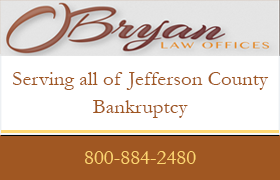Louisville Reorganization Lawyer, Kentucky
-
Sponsored Law Firm
-
 x
x

Click For More Info:
-
Obryan Law Offices
9311 Preston Hwy Louisville, KY 40229» view mapBankruptcy Lawyers That Fight For You
Obryan Law Offices has helped thousands of families restore peace and order to their lives. Call us today!
800-884-2480
Not enough matches for Louisville Reorganization lawyer.
Below are all Louisville Bankruptcy & Debt lawyers.
FREE CONSULTATION
CONTACTDawn R. Elliott
Adoption, Alimony & Spousal Support, Bankruptcy, Child Support
Status: In Good Standing
FREE CONSULTATION
CONTACTHouston M. Oppenheimer
Bankruptcy, Business Organization, Casinos, Estate Planning, Gaming & Alcohol
Status: In Good Standing
Richard A. Schwartz
Workout, Consumer Bankruptcy, Commercial Bankruptcy, Bankruptcy
Status: In Good Standing
FREE CONSULTATION
CONTACTLeeann Thornhill
Foreclosure, Garnishment, Commercial Bankruptcy, Bankruptcy
Status: In Good Standing

 Julie Obryan Jefferson, KY
Julie Obryan Jefferson, KY About UsObryan Law Offices
About UsObryan Law Offices FAQFrequently Asked Questions
FAQFrequently Asked Questions
